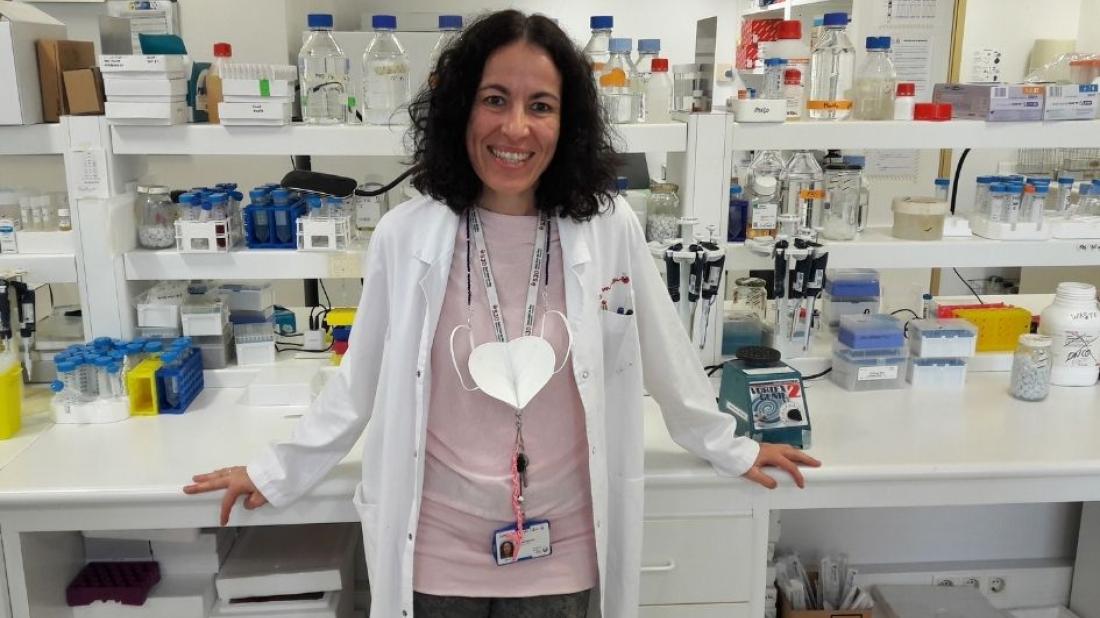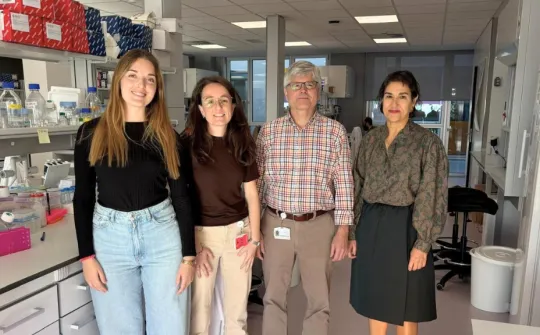
This newly uncovered epigenetic vulnerability in Ewing sarcoma cancer cells opens the door for new therapeutic strategies.
Researchers at the Institut de Recerca Sant Joan de Déu (IRSJD) in collaboration with those at Centre for Genomic Regulation (CRG) have discovered that RING1B is a critical gene for the development of Ewing sarcoma, a rare type of developmental cancer that presents in bones and soft tissues. This newly uncovered epigenetic vulnerability in Ewing sarcoma cancer cells opens the door for new therapeutic strategies.
Ewing sarcoma is caused by a chromosomal translocation, where the EWSR1 gene in chromosome 22 fuses with most commonly the FLI1 gene in chromosome 11. The resulting EWSR1-FLI1 fusion protein, which contains the transcriptional activation machinery of EWSR1 and the DNA-binding domain of FLI1, is the main driver of tumorigenesis.
"EWSR1-FLI1 remains a challenging druggable target, therefore understanding its dependencies may offer alternative strategies to switch off its aberrant transcriptional program," says Sara Sánchez-Molina, first author of the study and postdoctoral researcher at the Institut de Recerca Sant Joan de Déu.



